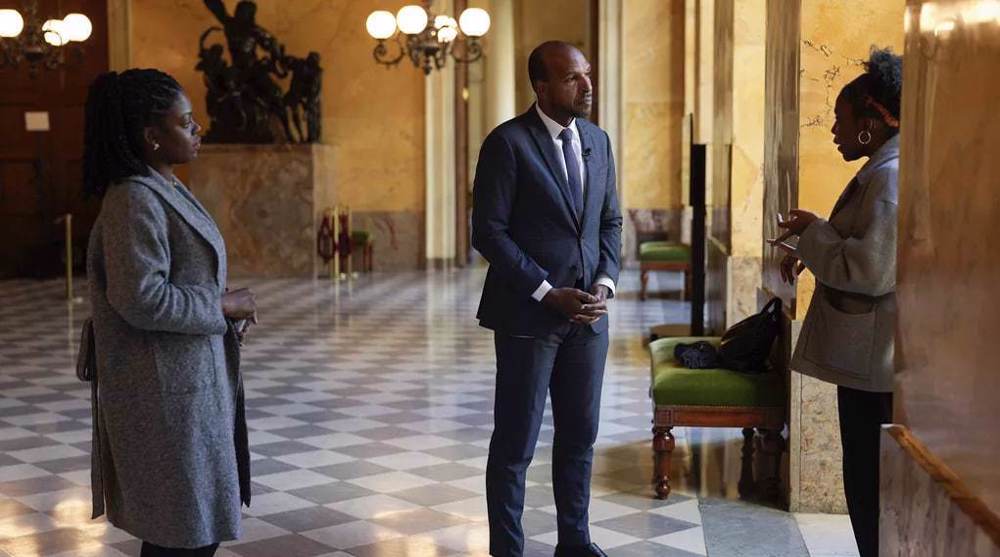
France’s lower house of parliament has approved a bill that would ban workplace discrimination based on hair texture — a form of discrimination that targets mostly black women.
The lower house National Assembly approved the draft law with 44 votes in favor and two against, on Thursday.
The bill would make discrimination based on hair texture, length, color or style illegal in the country.
The draft law still faces a vote in the Senate, where the right has the majority and the vote’s outcome is much less certain.
But if passed, it would make France the first country in the world to recognize hair discrimination at a national level.
The legislation would penalize any workplace discrimination based on “hair style, color, length or texture,” according to Olivier Serva, a lawmaker from the French Caribbean, who proposed the bill.
Serva said women “of African descent” were often encouraged before job interviews to change their style of hair.
The draft law is supported by members of President Emmanuel Macron’s Renaissance Party but has faced resistance from conservative and far-right politicians.
The opponents argue that the move is an effort to import concepts about race from the US.
Similar laws exist in around 20 US states which have identified hair discrimination as an expression of racism.
The French proposal, however, does not specifically target race-based discrimination but it is believed that was the main motivation for the bill.
The wording in the bill does not specify which type or styles of hair are protected – which means, in theory, that it applies equally to white blonds or redheads as to black people.
Rokhaya Diallo, a journalist and author who writes extensively about racism in France, says complaining about certain hairstyles and textures is deeply racially coded.
Advocates of the bill hope it addresses the difficulties that black French people have in embracing their natural hair.
According to a hair discrimination study by CROWN Workplace Research last year, black women’s hair was two-and-a-half times more likely to be perceived as unprofessional.
More than half of the black women surveyed felt like they had to wear their hair straight in a job interview to be successful.
And one-fifth of the black women surveyed between the ages of 25 and 34 had been sent home from work because of their hair, the study found.
This post was originally published on this site be sure to check out more of their content.







